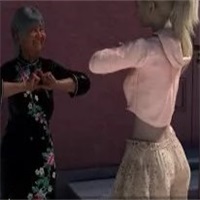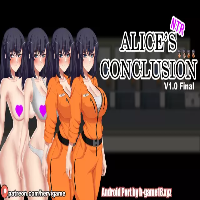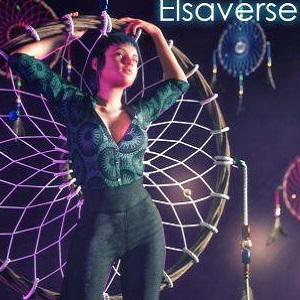Doug Cockle, the iconic voice behind Geralt in The Witcher series, has strongly responded to the criticism surrounding The Witcher 4's focus on Ciri. In a video released by Fall Damage, Cockle addressed the backlash head-on, dismissing claims that featuring Ciri as the protagonist is a move towards being "woke."
"That's just stupid," Cockle remarked about the criticism sparked by CD Projekt's decision to center the next role-playing game around Ciri for the first time. "It's not woke. There's nothing woke about it. [Ciri]'s a cool character from The Witcher, and they're gonna focus on that character, and that's awesome."
Despite reprising his role as Geralt in The Witcher 4, Cockle understands the need for a change in the series' protagonist. "We can't just have Geralt for every single game for The Witcher ad nauseam, out through eternity," he explained, noting that Geralt's journey was supposed to conclude with Blood and Wine. "I celebrate Ciri. I celebrate her being the protagonist. So all you people who think it's woke... [blows raspberry]."
Cockle emphasized the rich narrative potential in Ciri's story, drawing from the original novels by Andrzej Sapkowski. "If you read the books, then you understand why CD Projekt went down this avenue," he said. "There's a whole rich world of stuff to explore with Ciri, that they didn't do when they put her into Witcher 3, because the story was about Geralt. But she hints at it."
He urged fans to delve into the source material, stating, "If you think it's woke, read the damn books — they're good, first of all. And secondly, you won't think it's so woke anymore."
The Witcher games by CD Projekt are set after the events of Sapkowski's novels, which have a definitive ending for the characters. However, Sapkowski himself recognized Ciri's importance, aligning with CD Projekt's vision for her role in the future of the series.
The Witcher IV Game Awards Trailer Screenshots
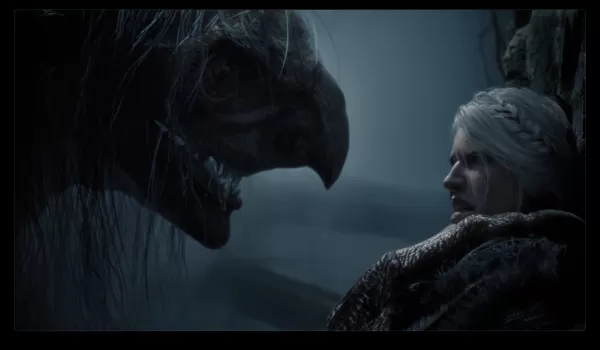
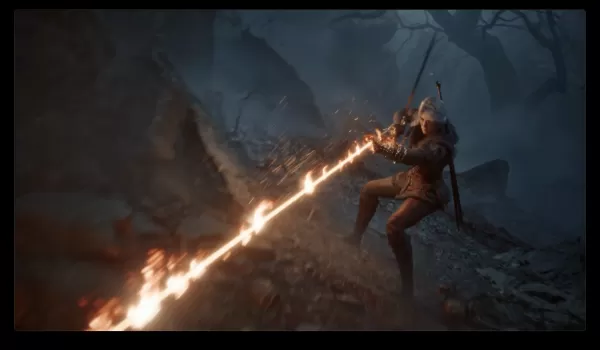 View 51 Images
View 51 Images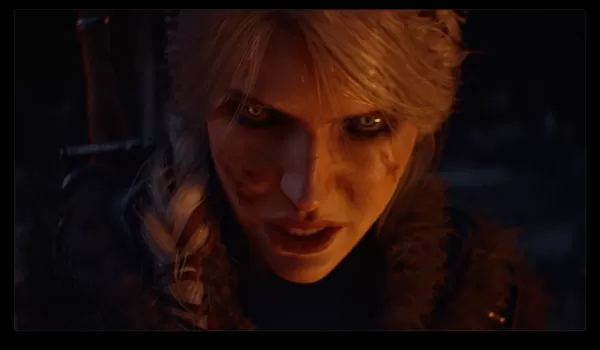
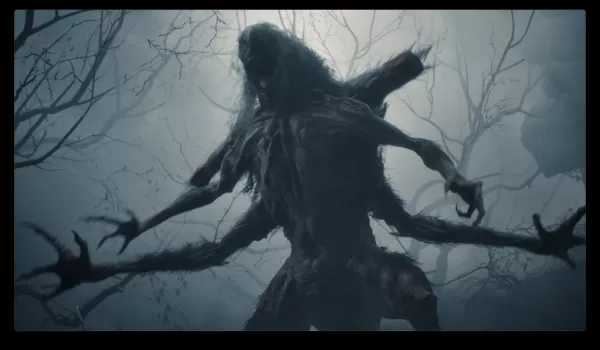
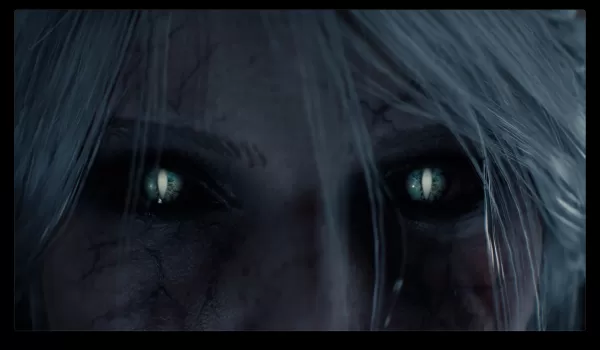
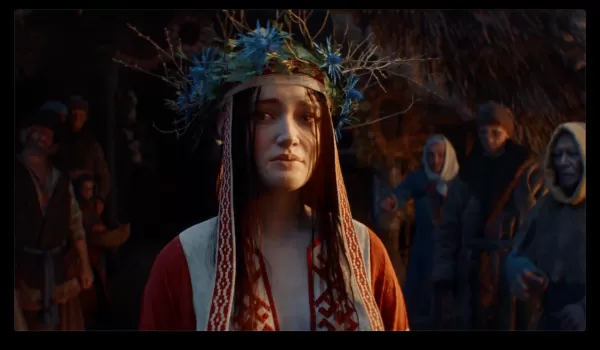
IGN has previously explored the return of Geralt in The Witcher 4 with CD Projekt's franchise and lore designers, who clarified how the established timeline accommodates this narrative shift.



